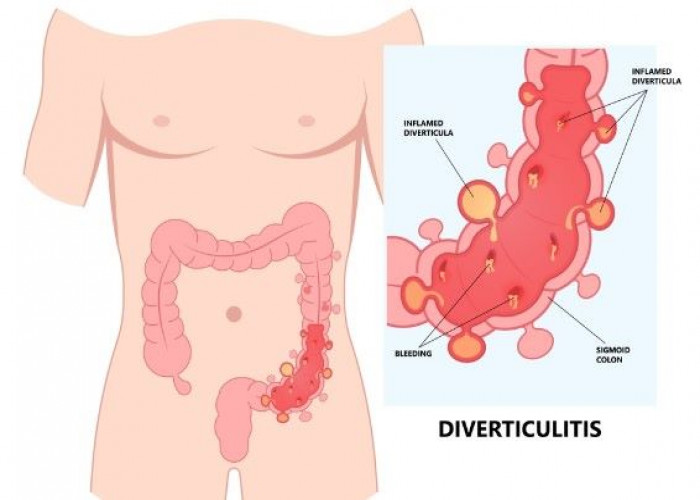 Welcome
Welcome
“May all be happy, may all be healed, may all be at peace and may no one ever suffer."
Gastrointestinal bleeding
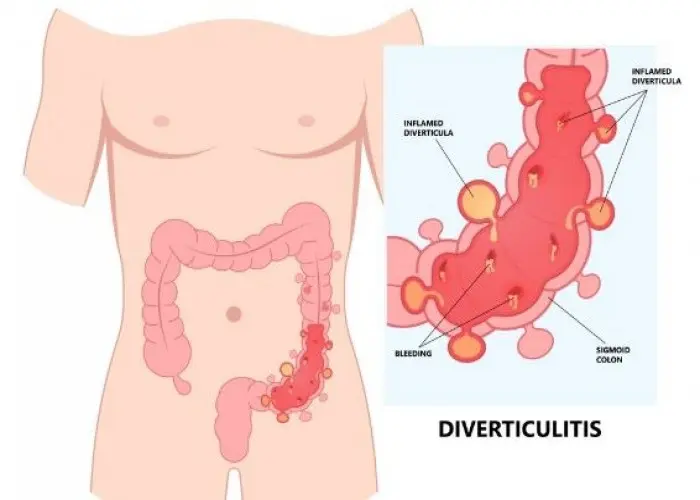
Gastrointestinal bleeding is a medical condition that involves bleeding from the digestive tract. This bleeding can occur in any part of the gastrointestinal tract, including the esophagus, stomach, small intestine, large intestine, rectum, or anus. Gastrointestinal bleeding can be acute or chronic and can be caused by a variety of factors, such as:
- Peptic ulcers
- Inflammatory bowel disease
- Diverticulitis
- Polyps or cancer in the digestive tract
- Hemorrhoids
- Esophageal varices
- Medications such as nonsteroidal anti-inflammatory drugs (NSAIDs)
The symptoms of gastrointestinal bleeding may include:
- Vomiting blood (hematemesis)
- Passing black or tarry stools (melena)
- Bright red blood in stools (hematochezia)
- Abdominal pain or discomfort
- Weakness or lightheadedness
- Fatigue
Diagnosis of gastrointestinal bleeding may involve a physical exam, medical history, and diagnostic tests such as blood tests, endoscopy, or imaging tests. Treatment for gastrointestinal bleeding may depend on the underlying cause of the bleeding and the severity of the condition. In some cases, medications may be prescribed to reduce acid production in the stomach, promote the healing of ulcers, or stop bleeding. In more severe cases, a healthcare professional may recommend surgery to repair damaged blood vessels or remove cancerous tissue.
If you are experiencing symptoms of gastrointestinal bleeding, it is important to seek immediate medical attention. Gastrointestinal bleeding can be a life-threatening condition, and early diagnosis and treatment are essential for a successful outcome.
Research Papers
Disease Signs and Symptoms
- Blood vomiting
- Rectal bleeding
- Difficulty breathing (dyspnea)
- Fainting (syncope)
- Chest pain
- Abdomen pain
- Low blood pressure (hypotension)
- Rapid pulse
Disease Causes
Gastrointestinal bleeding
Gastrointestinal bleeding can occur either in the upper or lower gastrointestinal tract. It can have a number of causes.
Upper GI bleeding
Causes can include:
- Peptic ulcer. This is the most common cause of upper GI bleeding. Peptic ulcers are sores that develop on the lining of the stomach and upper portion of the small intestine. Stomach acid, either from bacteria or use of anti-inflammatory drugs, damages the lining, leading to formation of sores.
- Tears in the lining of the tube that connects your throat to your stomach (esophagus). Known as Mallory-Weiss tears, they can cause a lot of bleeding. These are most common in people who drink alcohol to excess.
- Abnormal, enlarged veins in the esophagus (esophageal varices). This condition occurs most often in people with serious liver disease.
- Esophagitis. This inflammation of the esophagus is most commonly caused by gastroesophageal reflux disease (GERD).
Lower GI bleeding
Causes can include:
- Diverticular disease. This involves the development of small, bulging pouches in the digestive tract (diverticulosis). If one or more of the pouches become inflamed or infected, it's called diverticulitis.
- Inflammatory bowel disease (IBD). This includes ulcerative colitis, which causes inflammation and sores in the colon and rectum, and Crohn's disease, and inflammation of the lining of the digestive tract.
- Tumors. Noncanerous (benign) or cancerous tumors of the esophagus, stomach, colon or rectum can weaken the lining of the digestive tract and cause bleeding.
- Colon polyps. Small clumps of cells that form on the lining of your colon can cause bleeding. Most are harmless, but some might be cancerous or can become cancerous if not removed.
- Hemorrhoids. These are swollen veins in your anus or lower rectum, similar to varicose veins.
- Anal fissures. These are small tears in the lining of the anus.
- Proctitis. Inflammation of the lining of the rectum can cause rectal bleeding.
Disease Prevents
Gastrointestinal bleeding
To help prevent a GI bleed:
- Limit your use of nonsteroidal anti-inflammatory drugs.
- Limit your use of alcohol.
- If you smoke, quit.
- If you have GERD, follow your doctor's instructions for treating it.
Disease Treatments
Often, GI bleeding stops on its own. If it doesn't, treatment depends on where the bleed is from. In many cases, medication or a procedure to control the bleeding can be given during some tests. For example, it's sometimes possible to treat a bleeding peptic ulcer during an upper endoscopy or to remove polyps during a colonoscopy.
If you have an upper GI bleed, you might be given an IV drug known as a proton pump inhibitor (PPI) to suppress stomach acid production. Once the source of the bleeding is identified, your doctor will determine whether you need to continue taking a PPI.
Depending on the amount of blood loss and whether you continue to bleed, you might require fluids through a needle (IV) and, possibly, blood transfusions. If you take blood-thinning medications, including aspirin or nonsteroidal anti-inflammatory medications, you might need to stop.
Disease Diagnoses
Disease Allopathic Generics
Disease Ayurvedic Generics
Disease Homeopathic Generics
Disease yoga
Gastrointestinal bleeding and Learn More about Diseases

Seasonal affective disorder (SAD)
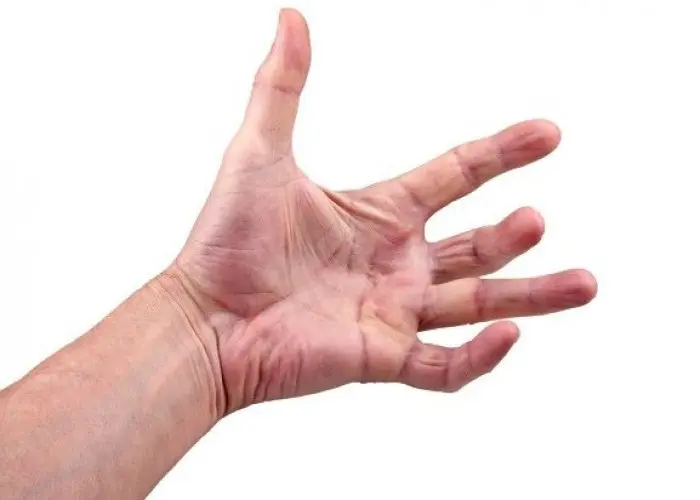
Dupuytren's contracture

Pubic lice (crabs)
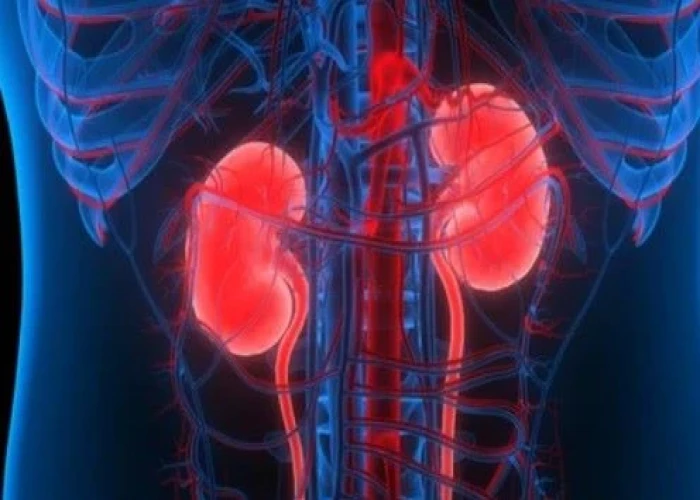
Pyelitis
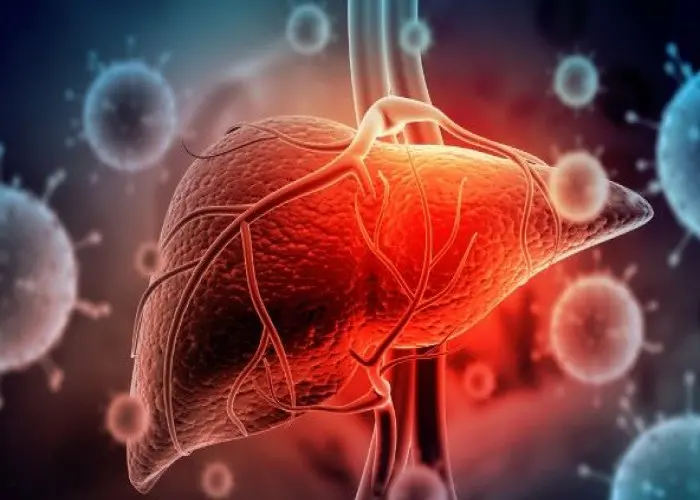
Hepatitis A

Thoracic outlet syndrome
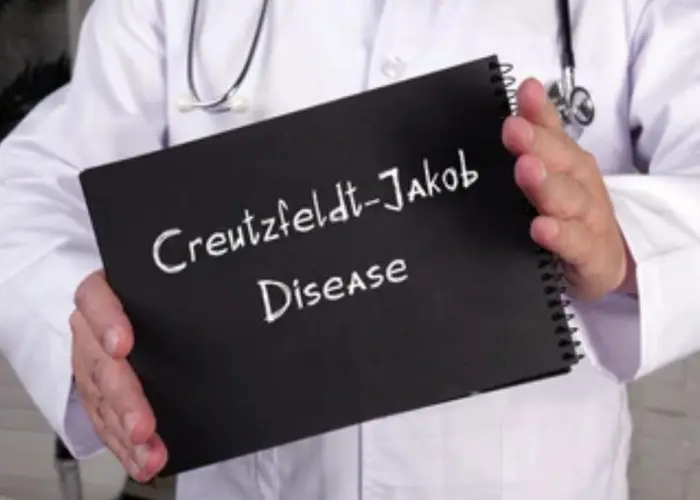
Creutzfeldt-Jakob disease

Adrenoleukodystrophy
gastrointestinal bleeding, গ্যাস্ট্রোইনটেস্টাইনাল রক্তক্ষরণ
To be happy, beautiful, healthy, wealthy, hale and long-lived stay with DM3S.
